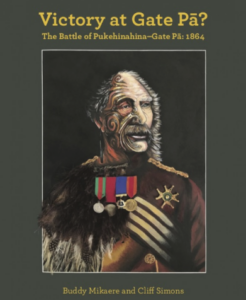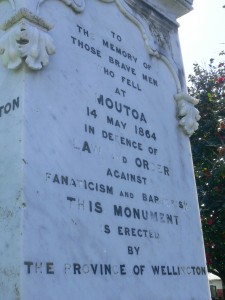Native Historians Global
 Native historians live and work all over the world of course and, for some (but not all) opportunities to gather together and network do arise. Conferences, especially in the USA, are convened often and their proceedings are always interesting.
Native historians live and work all over the world of course and, for some (but not all) opportunities to gather together and network do arise. Conferences, especially in the USA, are convened often and their proceedings are always interesting.
Native historians interested in the native wars, or the ‘global waging of war against native peoples’ as a research focus may also gather at these forums though, it is true, researching wars against native peoples does not appeal to everyone. To see more on the general field of global Native History, see Global Native History.
Global Native Wars
Waging war against Native peoples has of course been a constant part of colonization which spread from Europe to the Americas and in time to the rest of the globe.
 Wars afflicted native peoples throughout the Americas, Pacific and Oceania, Asia and Africa. The history of warfare waged against native peoples is therefore a colossal history.
Wars afflicted native peoples throughout the Americas, Pacific and Oceania, Asia and Africa. The history of warfare waged against native peoples is therefore a colossal history.
The wars fought against Māori in New Zealand form a part of this massive global history of native wars which will be briefly assessed on this site – click here to see our progress thus far .. Native Writing of Wars
Impacts of War on Native Peoples
The scholarship on war – and the impact of war – on Natives peoples is of course huge. This is to say nothing about the impacts of broad processes like colonisation, which was (and is) of course far from a unitary or singular process. The literature of these issues is vast – some of this will be reviewed here shortly.
 One interesting – and controversial – aspect of this research has been the issue of genocide against native peoples. One interesting book worth reading is Ward Churchill’s A Little Matter of Genocide. Holocaust and Denial in the Americas 1492 to the present (City Light Books, San Francisco, 1997).
One interesting – and controversial – aspect of this research has been the issue of genocide against native peoples. One interesting book worth reading is Ward Churchill’s A Little Matter of Genocide. Holocaust and Denial in the Americas 1492 to the present (City Light Books, San Francisco, 1997).
Churchill’s main argument – that the Native peoples of the Americas were subject to an historic genocide after 1492 – was earlier canvassed by acclaimed American historian David E Stannard, in his chapter entitled ‘Uniqueness as Denial: The Politics of Genocide Scholarship’, published in Alan S Rosenbaum (ed), Is the Holocaust Unique? Perspectives on Comparative Genocide (Westview Press, Boulder, Colorado, 1996, pp. 163-208).
From our perspective in New Zealand, these are heady and controversial debates – eg the uniqueness of the Jewish Holocaust of the 1930s-1940s. However, making sense of them is important.
